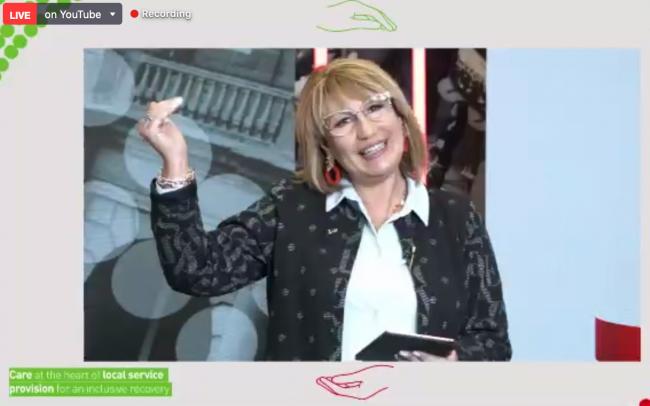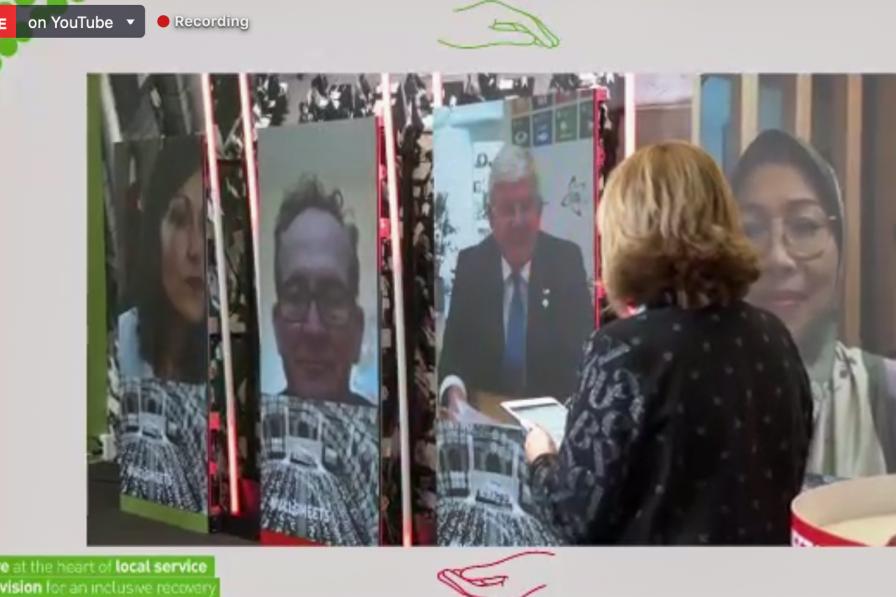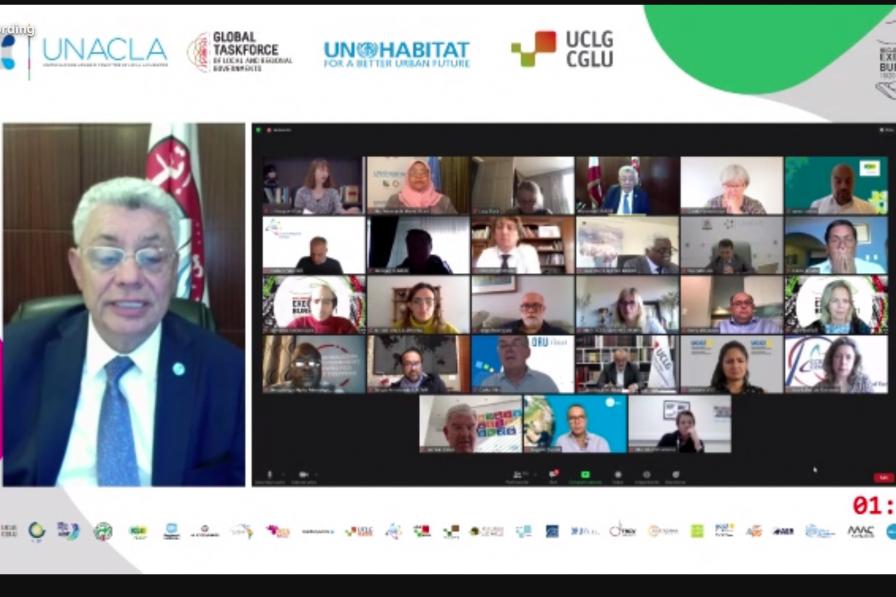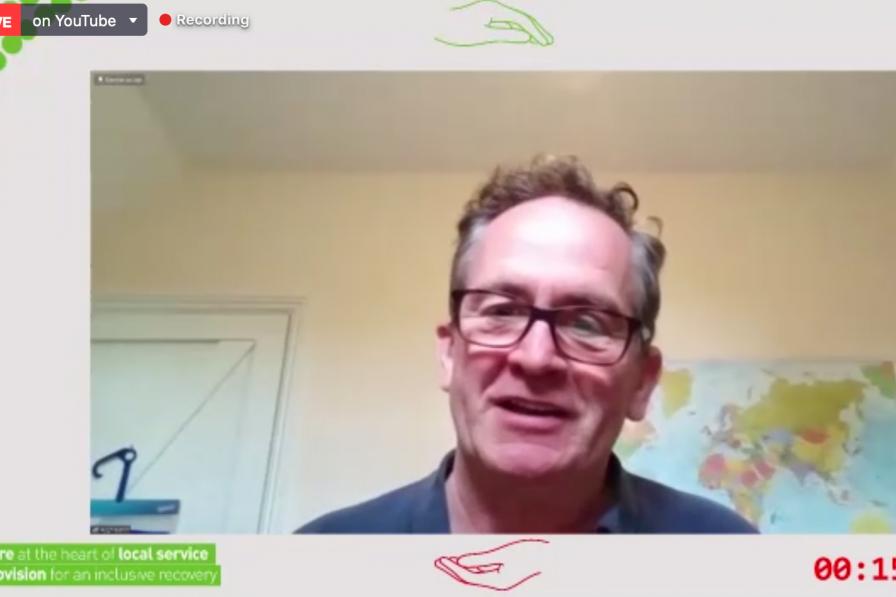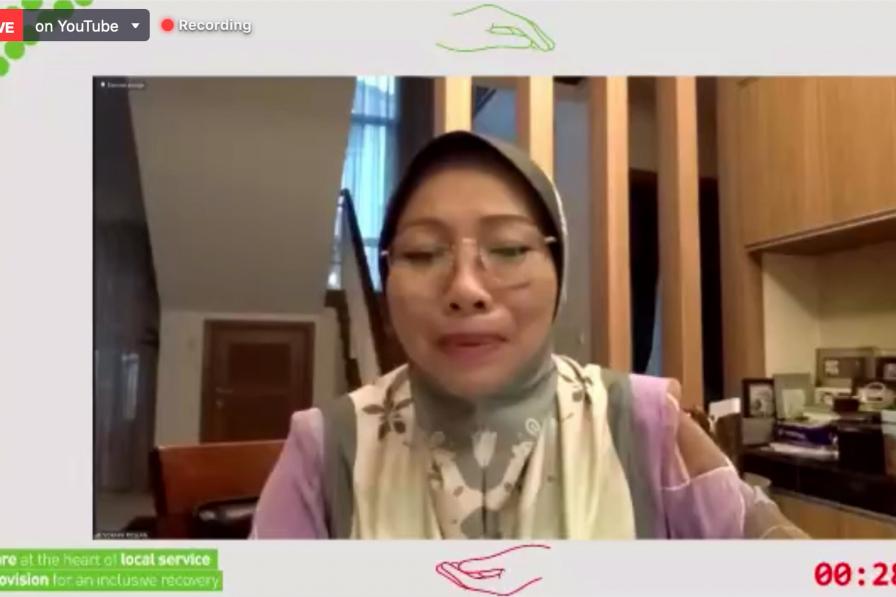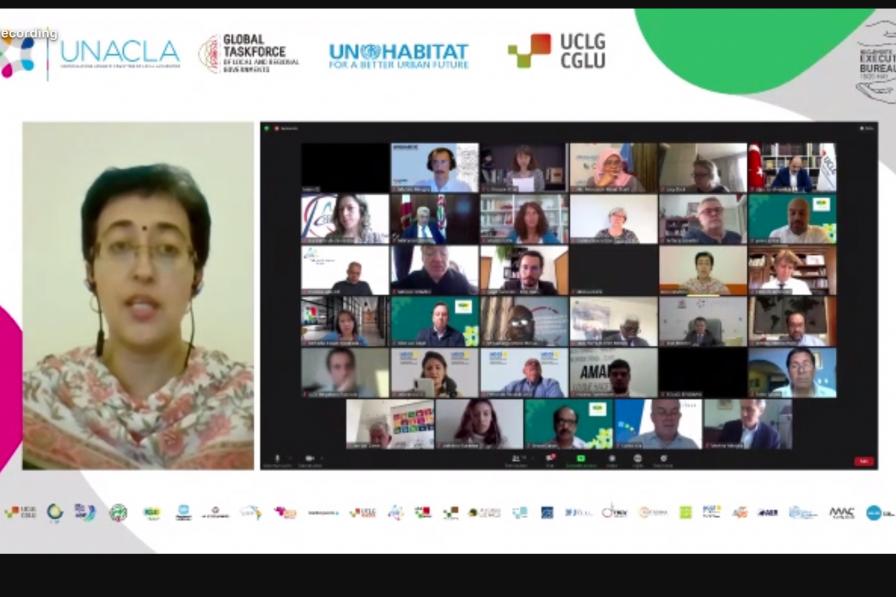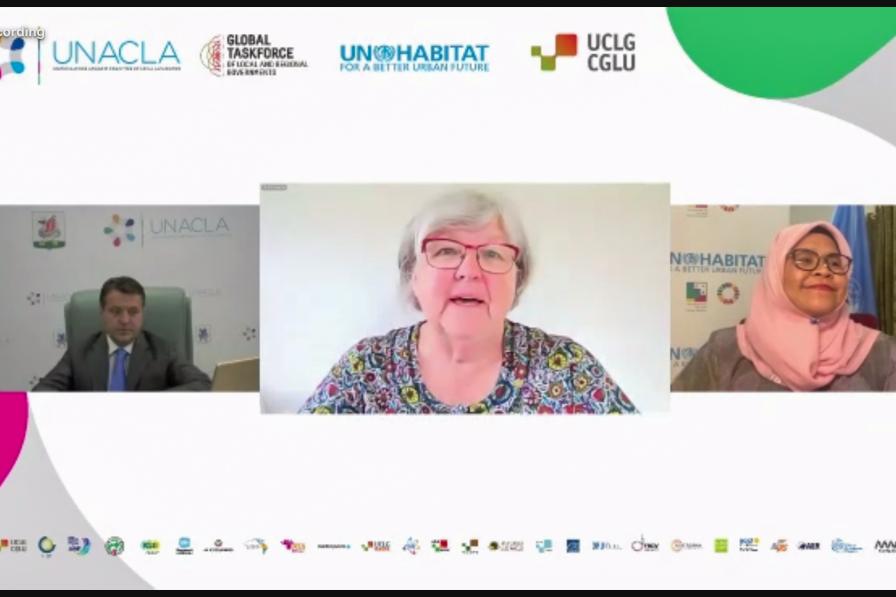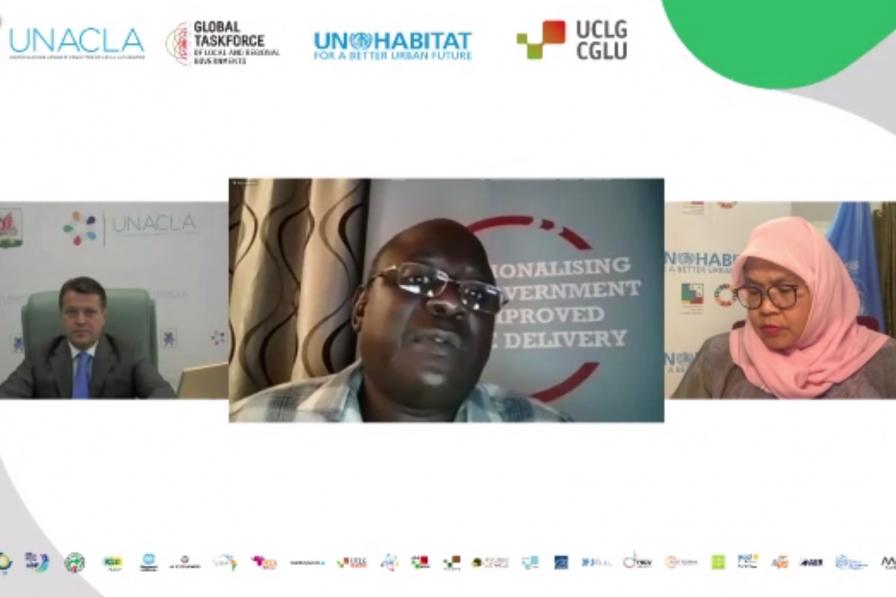Wednesday saw the opening of the High-Level Policy Dialogue. In the session on “Inclusive digitalization: present and future of service provision,” participants reflected on how the COVID-19 pandemic has led to an increased need for digitalization. Many highlighted the essential efforts that local and regional governments can undertake to ensure technology works for people and the planet during the COVID-19 recovery.
Participants considered how digital technologies can assist in COVID-19 response, noting that in many cities, the pandemic has accelerated digitalization, meaning many local government services are now available digitally. Several noted the challenge now is to ensure accessibility, ensuring that everyone can benefit from digitalization and no one is left behind. Participants outlined examples of their digitalization efforts, such as the City of Mannheim’s efforts to provide high-speed internet connectivity to previously underserved and peripheral areas, and ensure visually impaired users have digital access to the latest COVID-19 figures.
Speakers provided examples of technology use that is transforming the future of work for the better, strengthening local democracy and protecting digital rights. Jan van Zanen, Mayor of The Hague, the Netherlands, and Co-President of the UCLG, said how technology is harnessed will be a matter for policy and corporate strategy, and stressed the role of local governments in guiding how technology is used going forward. Van Zanen said technology should not deepen inequality, and must not been seen as a commodity, but as part of the commons – the public goods belonging to all.
Noraini Roslan, Mayor of Subang Jaya, Malaysia, said her city’s technology support has focused on two particular groups: poor schoolchildren whose parents could not afford the devices their children needed for schooling; and petty traders whose livelihoods were affected by the movement restrictions. She outlined some of the actions taken to support these groups, including working with utilities and the state government to provide gadgets, support and training.
During the UN Advisory Committee on Local Authorities (UNACLA) Annual Meeting, participants discussed actions and inputs towards the UN High-Level Meeting on the Effective Implementation of the New Urban Agenda (NUA), scheduled to convene in April 2022 (Quito +5+1).
Executive Director of UN-Habitat, Maimunah Mohd Sharif, underscored the importance of UNACLA as a vehicle to drive change. Participants discussed the growing global momentum for development of voluntary local reviews on progress towards achieving the SDGs, as well as the potential review of SDG 11 (sustainable cities and communities) at the 2022 session of the High-level Political Forum on Sustainable Development. Several delegates also reflected on the need to continue advocating for recognition of local governments in the UN, not as NGOs, but as observers. Others emphasized the role of national associations in multi-level governments, noting that such associations can draw more attention to the SDGs and to the NUA as real building blocks for sustainable, inclusive cities.
Participants highlighted the need to ensure implementation of the NUA, noting the potential for accelerating the achievement of the SDGs. One participant outlined how the EU is implementing the NUA, including by fostering dialogue between the national and local government levels. Another called for the preparation of regional strategies for implementation of the SDGs and the NUA, noting that many countries in the Middle East and North Africa (MENA) region have undertaken no planning in this regard.
